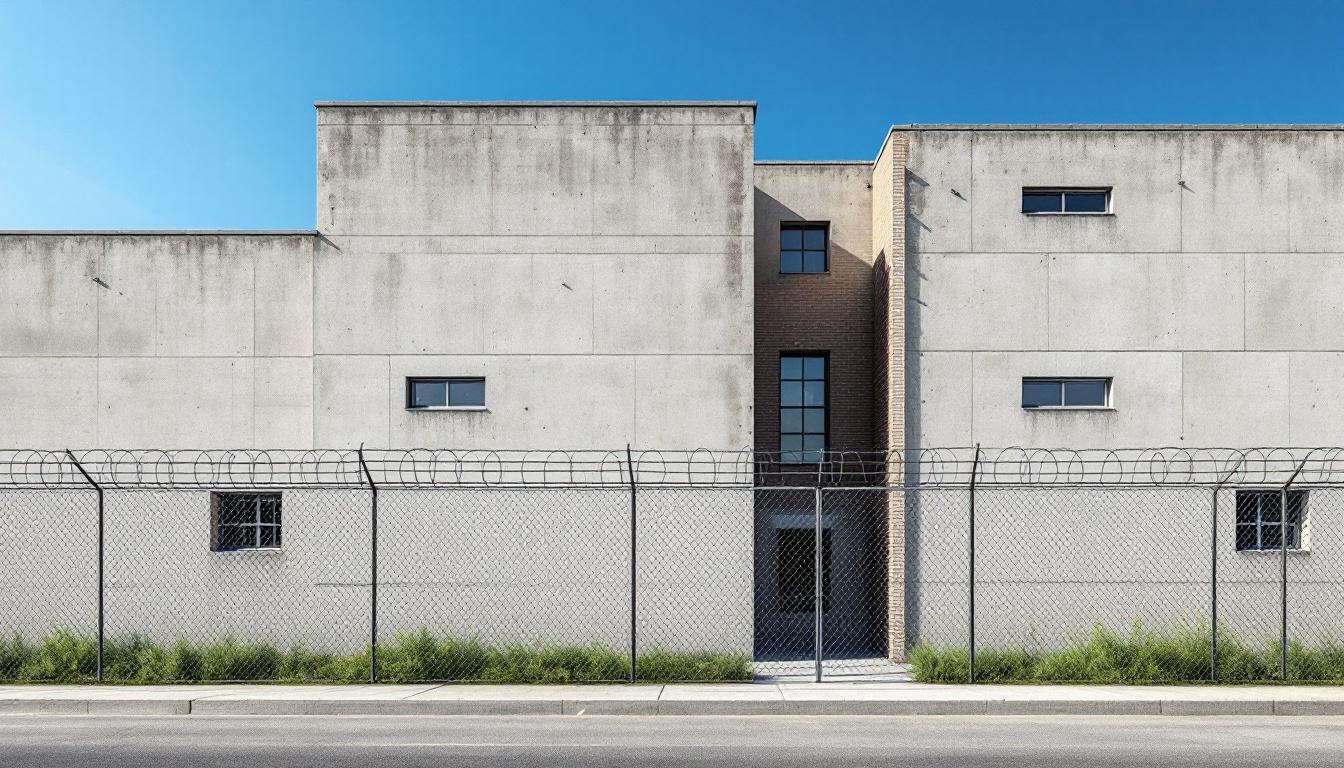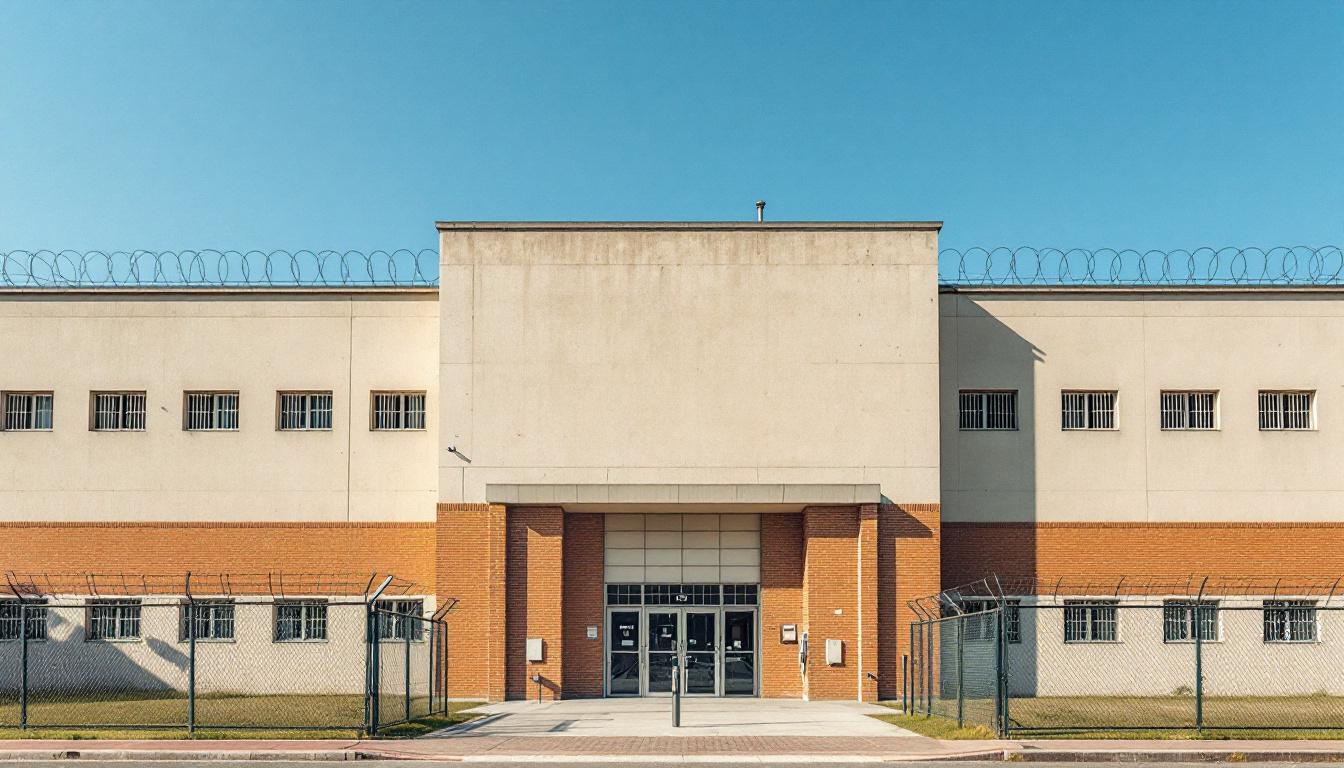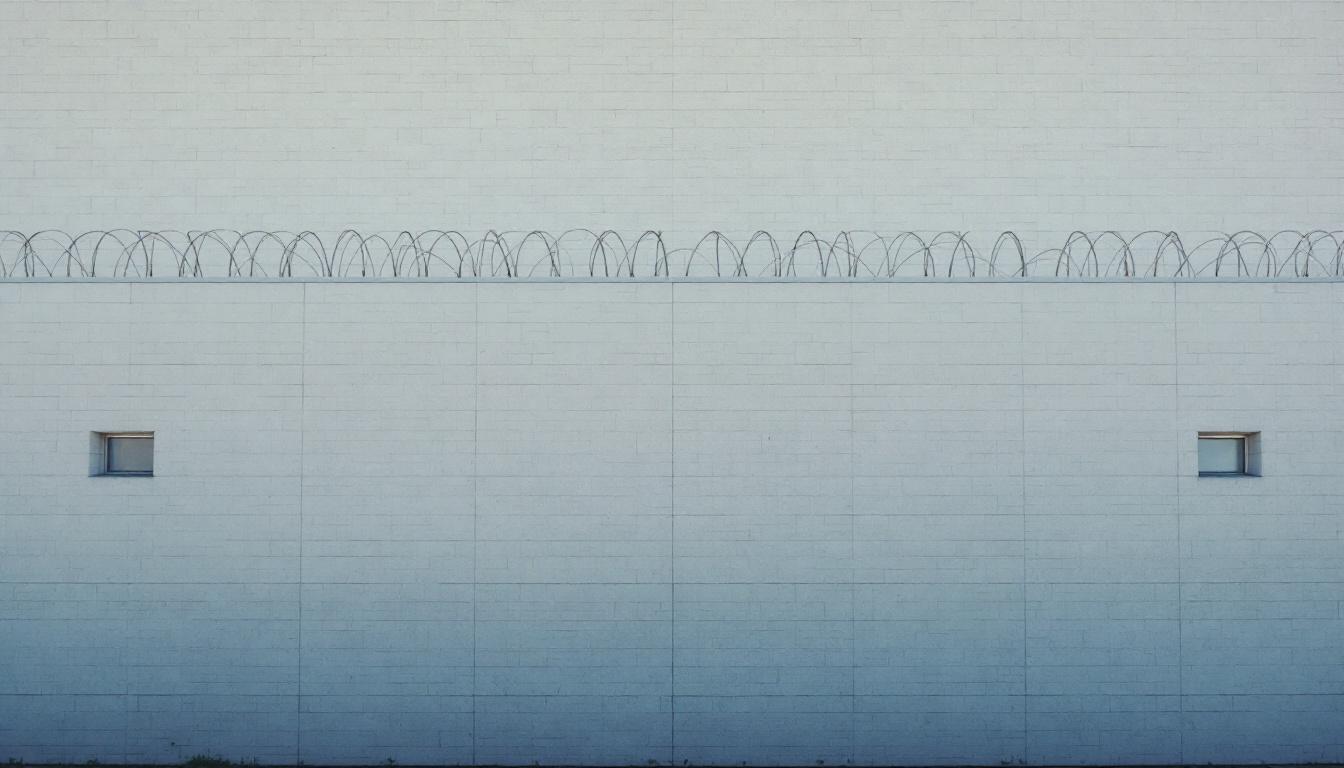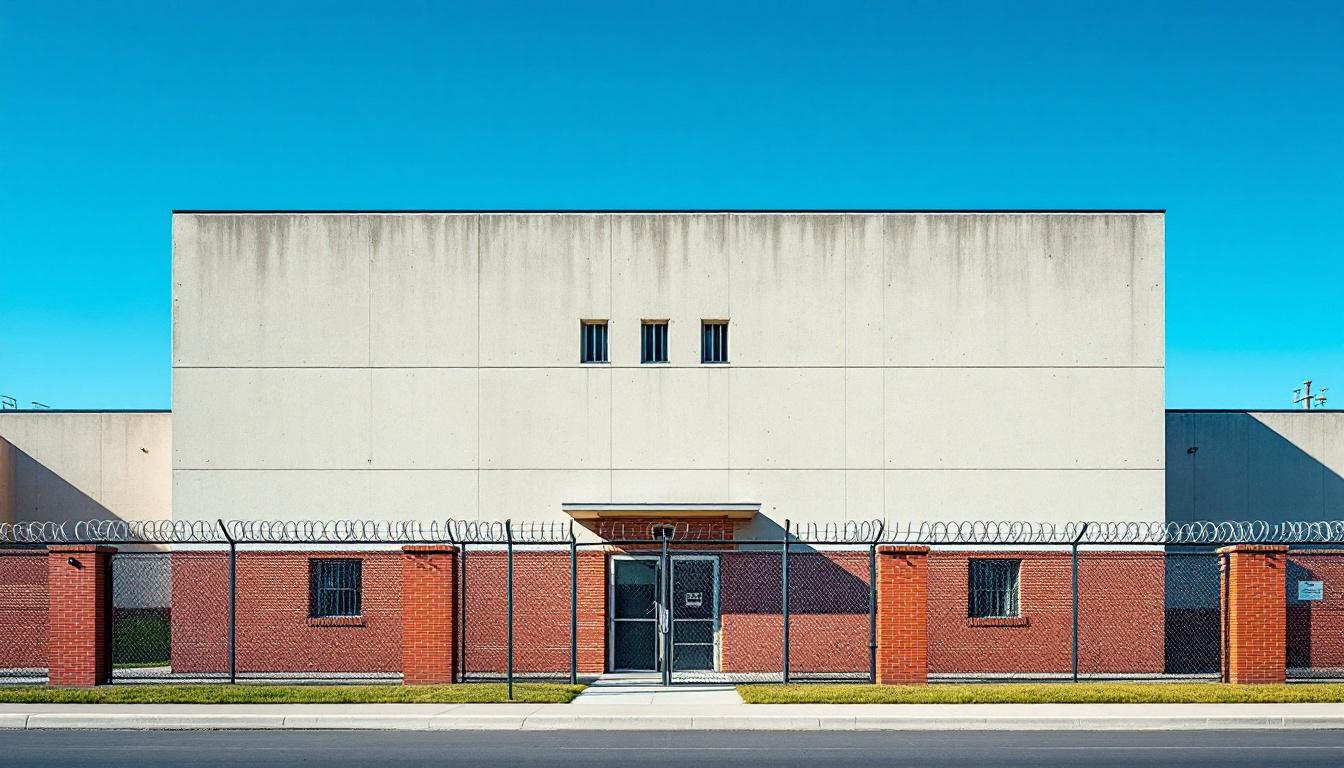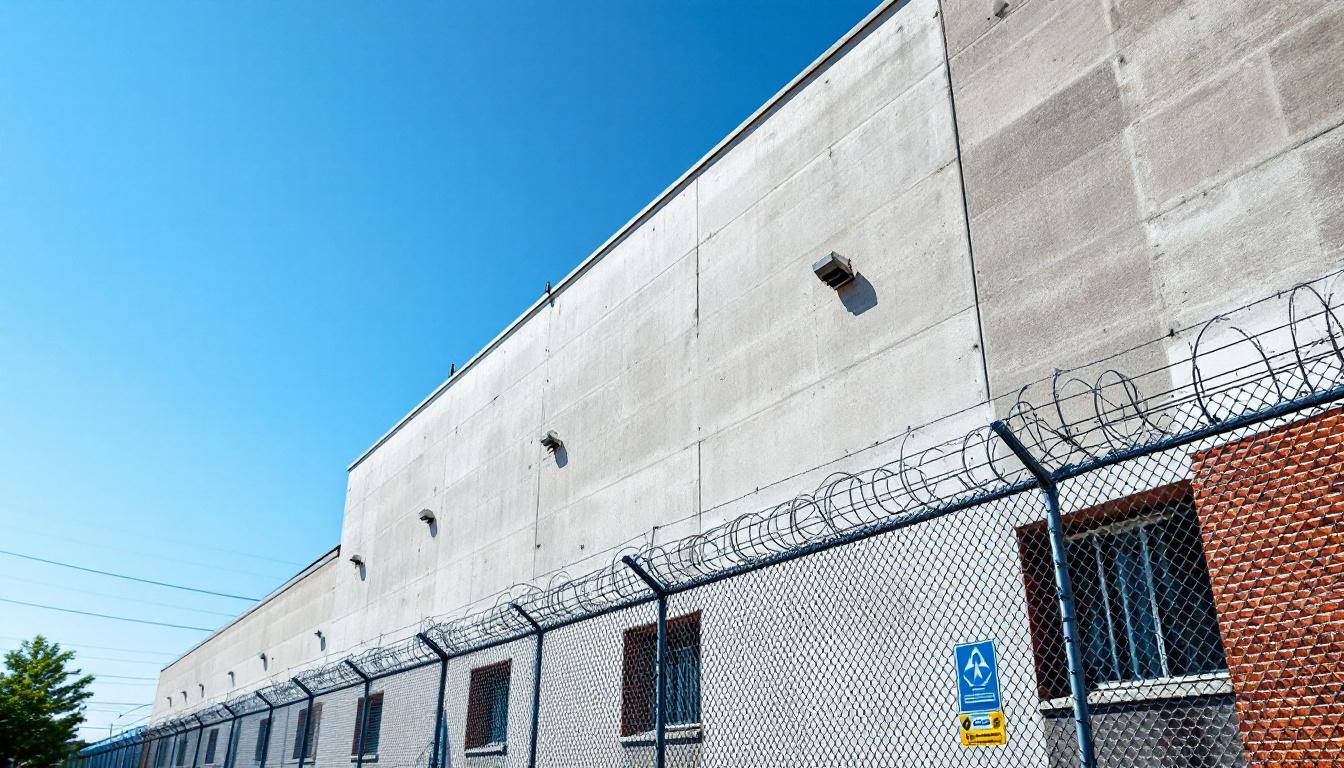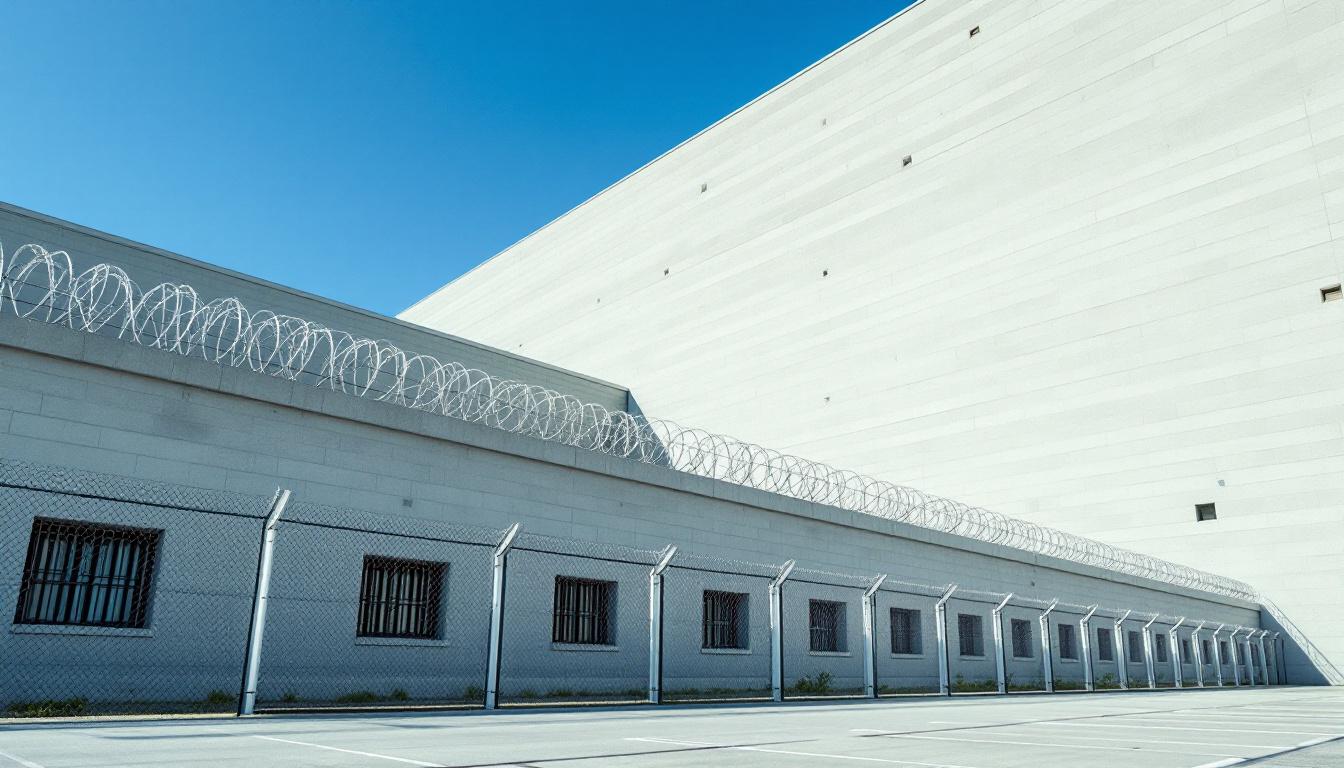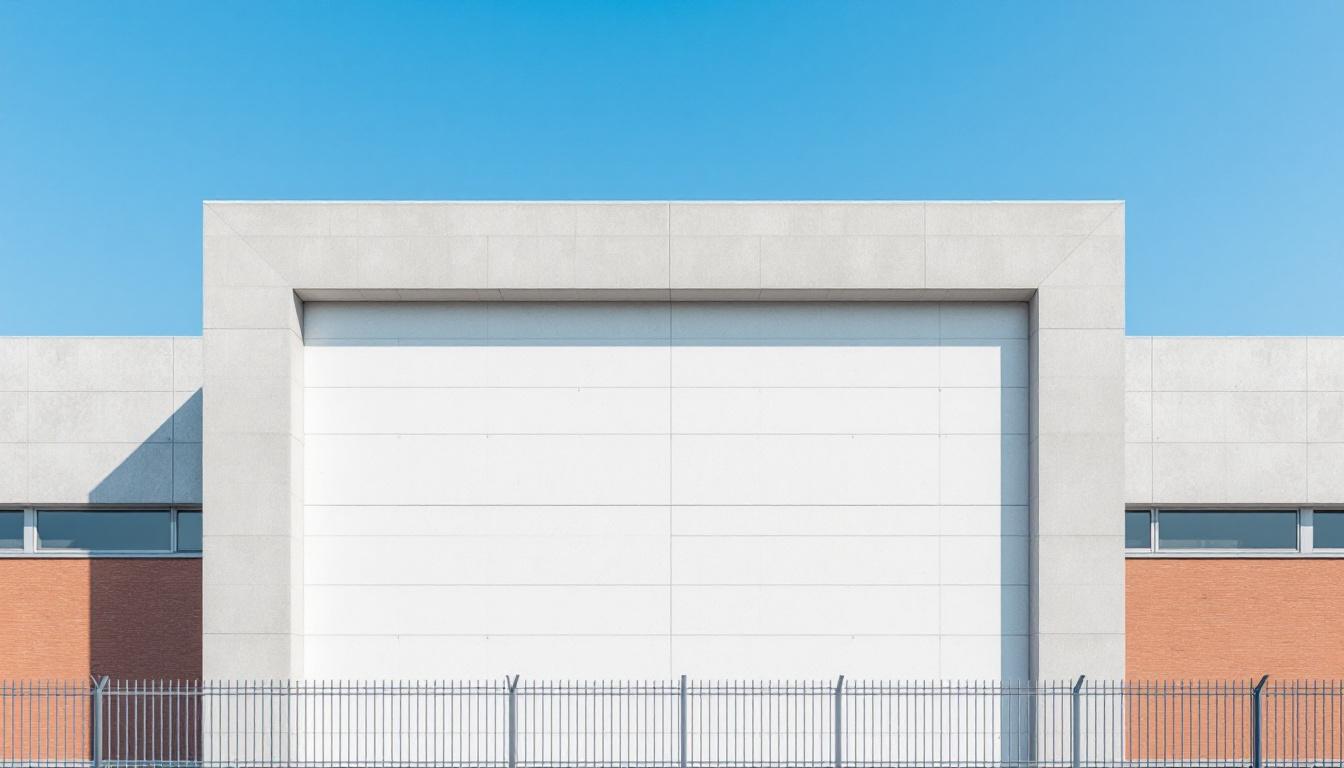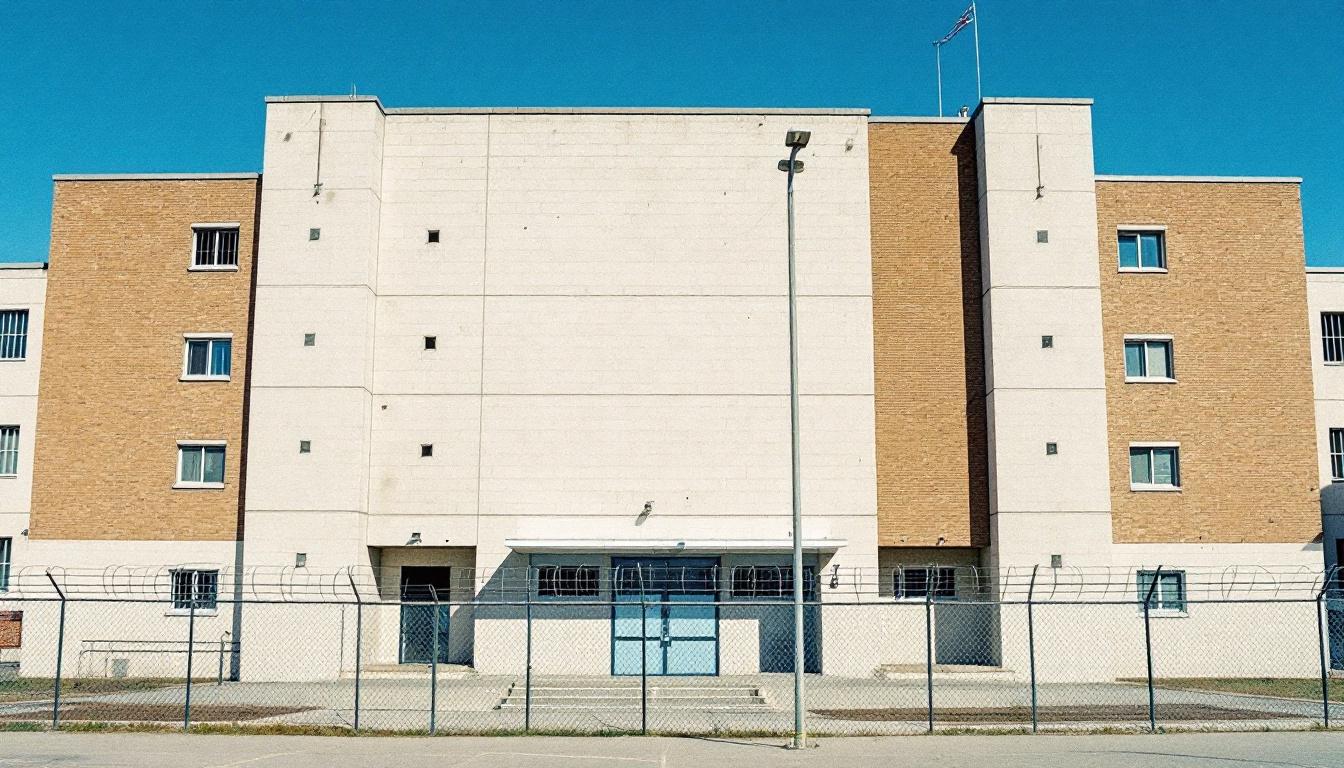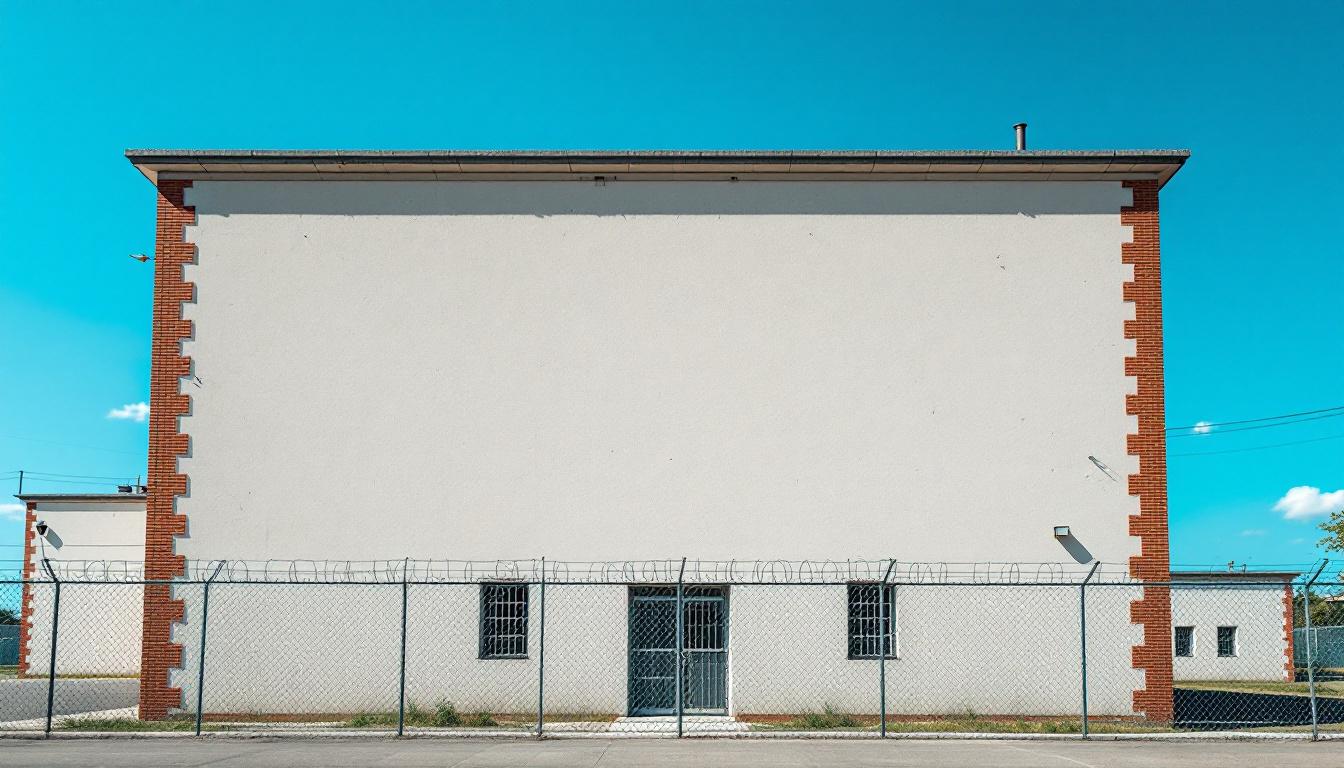
Quick Navigation
How to contact an inmate at Tipton County Sheriff
This comprehensive guide will walk you through how to connect with an inmate at Tipton County Sheriff. Follow the steps below to find an inmate and send letters and photos:
- Search for the inmate using our search tool below
- Create your account or log in to Penmate
- Write your message (up to 6,000 characters)
- Send instantly - inmates receive printed copies daily
Find an Inmate
Search for an inmate to start communicating today
Tip: You can search by first name, last name, or inmate ID number
To contact a person at Tipton County Sheriff start by searching for the person on the official facility website. Perform a search by following these steps:
- Step 1: Enter their first name and last name into the search form and click "Search"
- Step 2: Locate their inmate record
- Step 3: Write down their Inmate ID and any housing information provided
Important! Be sure to enter the person's full name. Nicknames should not be used.
How to Send Messages to Inmates

You can use your phone or computer to send emails, letters, and photos to an inmate. Messages are sent electronically to inmate tablets or kiosks at the facility. If you would like to send a message, start by searching for an inmate at Tipton County Sheriff.
Sending Photos and Postcards

A great way to send love and support to a loved one at Tipton County Sheriff is to send photos and postcards. It only takes a few minutes to send photos from your phone and it makes a huge difference. You can also mail postcards with words of support and inspiration, or design your own postcard for special moments like birthdays and holidays.
Important! Be sure not to send any explicit photos or they may not be approved by the facility. You can also use a photo printing app like Penmate to make sure your photos are printed at the correct size (4x6 or 3x5) and are mailed according to the rules and regulations of Tipton County Sheriff.
Frequently asked questions about Tipton County Sheriff
-
How long does it take to deliver a message?
If you're sending an email message your letter is usually delivered within 24-48 hours. For messages sent via mail you should expect delivery within 3-7 days. All messages will need be approved by Tipton County Sheriff.
-
How much does it cost to send a message to Tipton County Sheriff?
You can send a message free using your phone or mail a message via USPS for the price of a $0.60 stamp and envelope. You can also purchase credits or e-stamps from services starting at $1.99.
-
What services can I use to contact an inmate at Tipton County Sheriff?
Penmate
You can use Penmate to send letters and photos to an inmate from your phone. It's an easy way to stay in touch during your loved one's incarceration. Use the inmate locator to find an inmate's location and contact information, then you can send messages within a few minutes.
Securus messaging
Securus may be another option for communicating with an inmate at Tipton County Sheriff. You can create a friends and family account and purchase credits to send messages. All messages will be reviewed and must be approved by the facility.
JPay
Some county jails and state prisons may support sending messages with JPay. You must register an account with the system, find your loved one, and purchase stamps to send messages. For some locations you can also attach photos.
Smart Jail Mail
You may also check if Smart Jail Mail is available at Tipton County Sheriff. Smart Jail Mail is operated by Smart Communications and has contracted with some state and county jails. After purchasing credits, your messages and photos are sent to the facility, printed out, and then handed out to your loved one.
-
What is the mailing address of Tipton County Sheriff?
Mailing address:
Tipton County Sheriff
1801 S College St
Covington, TN 38019
Phone: (901) 475-3300Business hours:
- Monday: 8:00 AM – 5:00 PM
- Tuesday: 8:00 AM – 5:00 PM
- Wednesday: 8:00 AM – 5:00 PM
- Thursday: 8:00 AM – 5:00 PM
- Friday: 8:00 AM – 5:00 PM
- Saturday: Closed
- Sunday: Closed
-
What are the visiting hours at Tipton County Sheriff?
Visiting hours at Tipton County Sheriff vary by housing unit and security level. Generally, visits are scheduled on weekends and holidays, with some facilities offering weekday visits. Contact the facility directly at (901) 475-3300 or check their website for the current visiting schedule. Visits typically last 30-60 minutes and must be scheduled in advance.
-
What items are prohibited when sending mail to Tipton County Sheriff?
Prohibited items typically include: cash, personal checks, stamps, stickers, glitter, glue, tape, staples, paperclips, polaroid photos, musical or blank greeting cards, hardcover books, magazines with staples, and any items containing metal or electronics. Only send letters on plain white paper with blue or black ink. Photos must be printed on regular photo paper (no Polaroids). Always check with Tipton County Sheriff for their specific mail policies.
-
How do I send money to an inmate at Tipton County Sheriff?
You can send money to an inmate at Tipton County Sheriff through several methods: 1) Online using JPay, Access Corrections, or the facility's approved vendor, 2) Money orders mailed directly to the facility with the inmate's name and ID number, 3) Kiosks located in the facility lobby, or 4) Over the phone using a credit or debit card. Fees vary by method, typically ranging from $2.95 to $11.95 per transaction.
-
Can I schedule a video visit with an inmate at Tipton County Sheriff?
Many facilities now offer video visitation as an alternative to in-person visits. At Tipton County Sheriff, video visits may be available through services like Penmate, Securus Video Connect, GTL, or ICSolutions. Video visits typically cost $10-20 for 20-30 minutes and must be scheduled in advance. You'll need a computer or smartphone with a camera and reliable internet connection. Contact the facility for their specific video visitation policies and approved vendors.
-
What identification do I need to visit an inmate at Tipton County Sheriff?
All visitors must present valid government-issued photo identification such as a driver's license, state ID, passport, or military ID. Minors must be accompanied by a parent or legal guardian who can provide the minor's birth certificate. Some facilities require visitors to be on the inmate's approved visitation list, which may require a background check. Contact Tipton County Sheriff for specific ID requirements and visitor approval procedures.
-
How can I find out an inmate's release date?
To find an inmate's release date at Tipton County Sheriff, you can: 1) Use the online inmate search tool if available, 2) Call the facility's records department, 3) Contact the inmate's case manager or counselor, or 4) Have the inmate provide this information during a call or visit. For privacy reasons, some facilities only release this information to immediate family members.
Facility Overview
Contact Information
Tipton County Sheriff1801 S College St
Covington, TN 38019
Phone: (901) 475-3300
Official Website
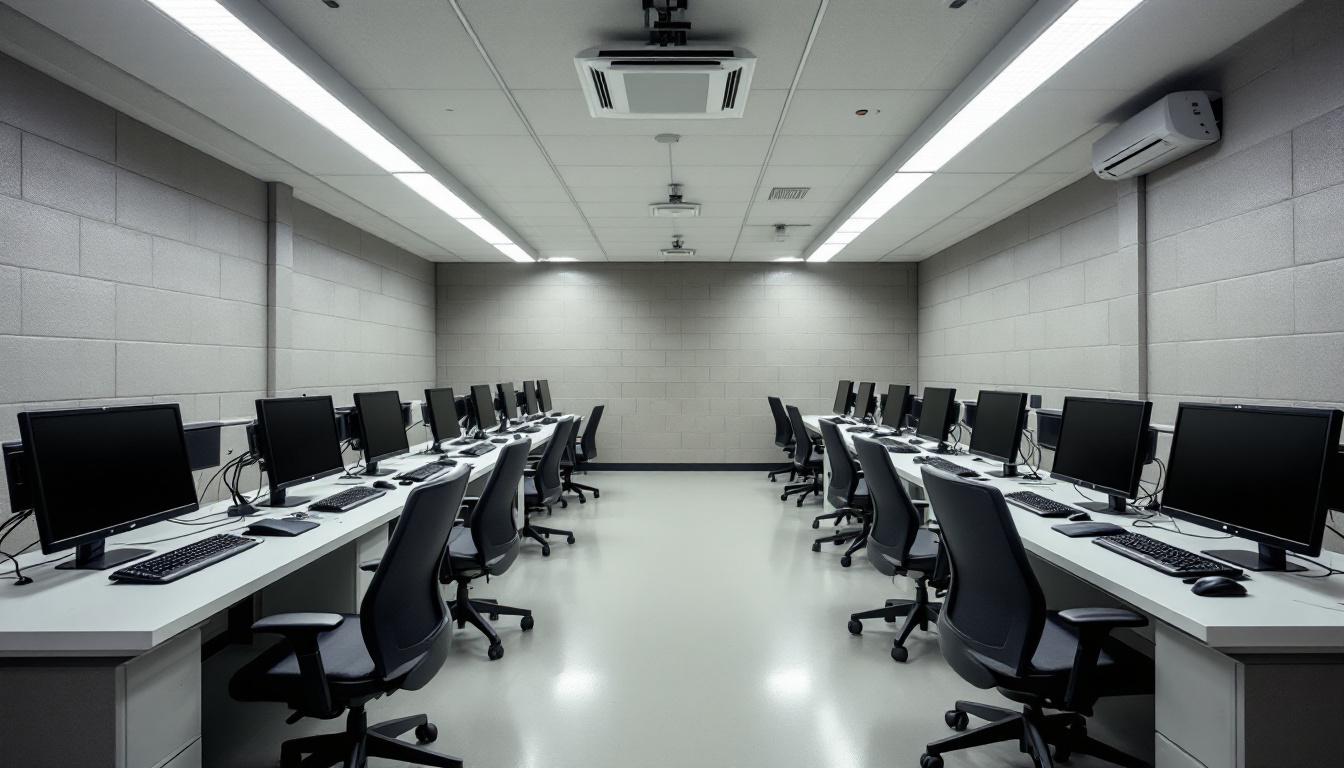
About Tipton County Sheriff
County jails throughout Tennessee's correctional system serve as vital community anchors, bridging the gap between immediate public safety needs and long-term rehabilitation goals. The Tipton County Jail, TN operates within this framework as a TN correctional facility designed to address both detention requirements and the population services that support successful reintegration into the broader Tipton community. Historically, county-level facilities have evolved from simple holding centers into comprehensive institutions that recognize the interconnected nature of justice, family stability, and community wellness.
Positioned within Tipton's geographic landscape, this facility typically maintains the dual responsibility of housing individuals awaiting trial while simultaneously offering programming that may include educational opportunities, substance abuse counseling, and vocational preparation. The institutional approach generally emphasizes maintaining family connections through visitation programs and communication systems that help preserve essential relationships during periods of incarceration. Such connectivity often proves instrumental in supporting successful transitions back into the community, as research consistently demonstrates the positive correlation between maintained family bonds and reduced recidivism rates.
The facility's role within Tennessee's broader correctional framework reflects the state's recognition that effective rehabilitation begins at the local level, where community ties remain strongest and reintegration pathways are most accessible. Programming may encompass mental health services, life skills development, and coordination with local organizations that provide post-release support, creating a comprehensive network designed to address the underlying factors that contribute to criminal behavior while strengthening the social fabric of Tipton County itself.
Programs & Services
Support reaches the population through carefully designed programs that address multiple aspects of personal development and future planning. The facility typically emphasizes building practical skills alongside emotional wellness, recognizing that successful reintegration requires both educational advancement and personal growth. These programs often focus on creating pathways for individuals to develop confidence and prepare for their return to the community.
Educational services may supply foundational learning opportunities that help participants strengthen basic academic skills. Computer literacy programs also provide essential technology training that supports modern workplace readiness. Vocational programs typically offer hands-on experience in areas such as landscaping and facility maintenance, allowing the population to develop marketable skills while contributing to the operation of the facility. These work-based learning opportunities often include training in equipment operation, safety protocols, and professional work habits.
Group therapy sessions provide structured environments where participants can address personal challenges and develop coping strategies. Faith-based programs also offer spiritual support and community connections for those seeking this type of guidance. The combination of therapeutic services and support programs typically creates multiple avenues for personal reflection and growth. These varied approaches recognize that different individuals may benefit from different types of support, whether through peer interaction, skill development, or spiritual practices that help prepare them for successful community reintegration.
Daily Life & Visitation
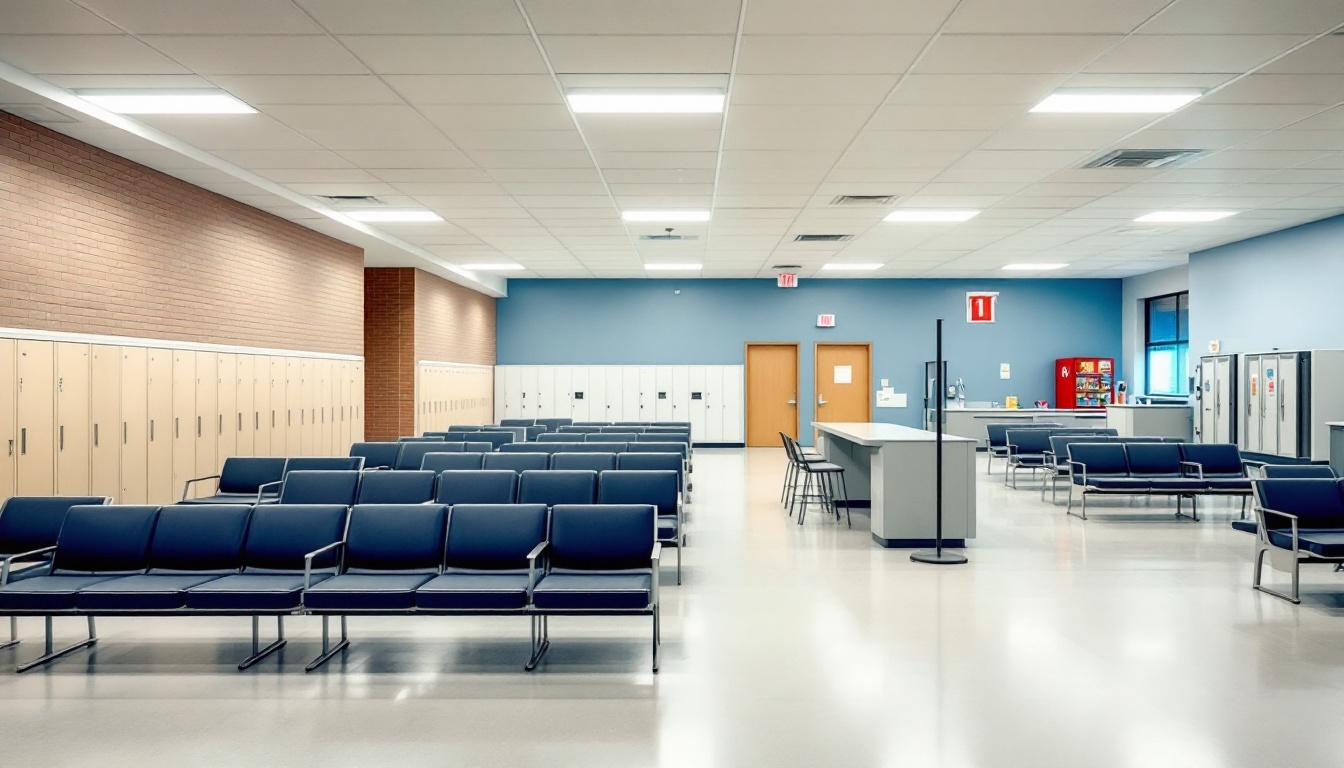
Structured schedules and clear protocols shape every aspect of the experience for the population at Tipton County Jail. At present, daily routines revolve around established meal times, count procedures, and designated periods for various activities. The facility actively maintains order through consistent scheduling that typically includes morning wake-up calls, regular headcounts throughout the day, and structured evening procedures. These organizational systems supply predictability and help manage the flow of daily operations.
Housing arrangements generally consist of dormitory-style units or individual cells, depending on classification levels and available space. The population typically shares common areas within their designated housing units, which may include day rooms with seating and television access. Personal property allowances are usually limited to essential items and approved commissary purchases. Also, meals are typically served at scheduled times in designated dining areas or delivered directly to housing units, with the facility following standard nutritional guidelines for correctional institutions.
Recreation opportunities often include access to outdoor yards during designated periods and indoor common areas for various activities. The facility may offer work assignments such as kitchen duties, cleaning responsibilities, or maintenance tasks that supply structure to daily routines. However, visitation policies typically allow scheduled visits with family members and approved contacts, while telephone access and mail services provide additional communication options. Programming schedules may include educational opportunities, religious services, and other structured activities designed to maintain order and provide constructive use of time for the population.
Ready to Connect?
Start communicating with your loved one today
Search for an Inmate
